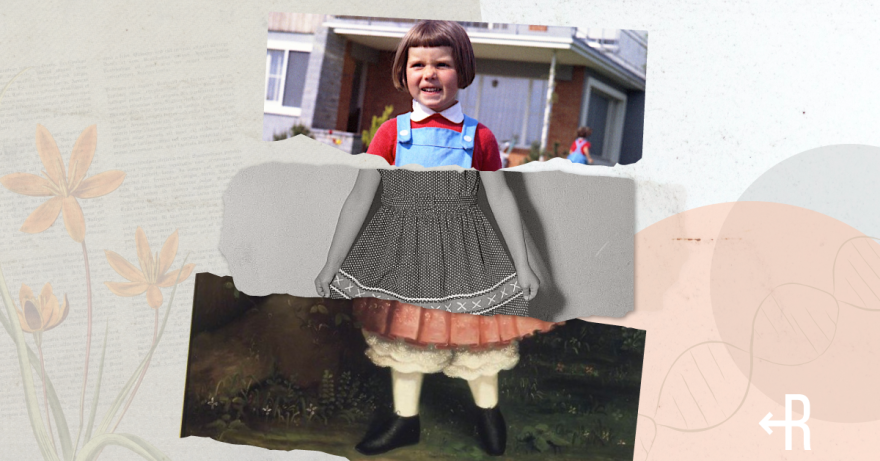Brian Dias led that 2013 study to better understand intergenerational trauma. That’s the idea that the psychological damage caused by events like war, abuse or poverty casts shadows through generations. These inherited traumas create real-life hardships for people who never experienced the actual trauma experienced by their forbearers. And this can happen in more than one way: sperm and egg cells can be altered by negative events; stressors that pregnant women experience can affect the fetus. Despite how easy it is to pass trauma on to our descendants, Dias thinks there’s plenty of hope. He says our brains are elastic and change is possible, no matter our traumatic inheritance.
Brian Dias, Neuroscientist and Assistant Professor in the Department of Pediatrics at Keck School of Medicine of USC. Here is a link to his research referenced in this episode.
Airdate: Friday, August 5, 2022 at 12 p.m. and 7 p.m.


